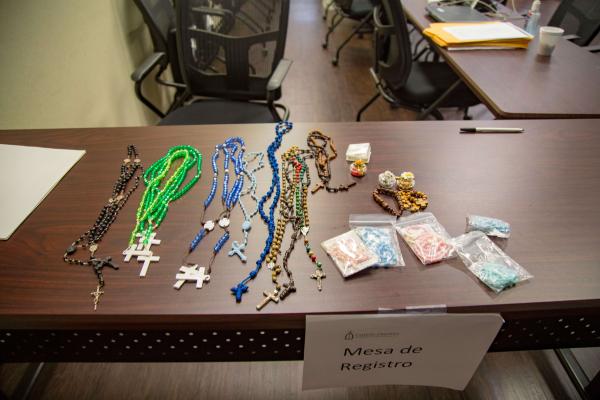Jul 18, 2018
Parents who have just been reunited with their children — after being separated, some for months, amid the implementation of the Trump administration’s “zero tolerance” immigration policy — are offered food, clothes, toys, and other essentials and are paired with background-checked volunteers to help them through the next steps of the process.
Read the Full Article

Already a subscriber? Login
